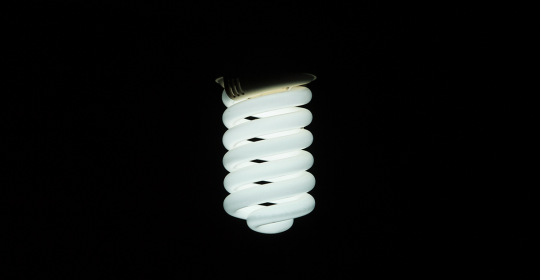
Are LED Lights Harming Your Health? Neurologist, Dr Carl, Explains The Science Behind It – Khaleej Times
Earlier this year, a group of psychiatrists published a paper in the World Journal of Biological Psychiatry, warning of the potential effects of LED lighting on mental illness.
It raised concerns about the influence of blue light, emitted by LED bulbs and digital gadgets, on sleep, and other circadian-mediated symptoms.
Although studies show that exposure to blue light inhibits melatonin secretion, which disrupts sleep and can affect quality of life, physical and mental health and susceptibility to illness, local experts confirmed the impact depends on the intensity and duration of light exposure.
Dr Carl-Johan Ramberg, consultant neurologist at German Neuroscience Centre in Dubai, confirmed that the use of light treatment may induce mania in people with bipolar disorder. Since light reduces melatonin, the hormone that puts humans to sleep, adolescents with sleep disorders may be impacted negatively by the exposure to blue light and digital devices.
“It is generally recommended to avoid exposure to strong light (like LED lights and bright screens) two to three hours before going to sleep.”
Our smartphone screen generates 7,000-8,000k range of light, more than the colour temperature of the daylight, overcast sky that emits 6,500k.
Ramberg confirmed that the impact of LED lights depends on the intensity and wavelengths of the exposure. The higher the intensity of the light, the greater the impact it has on the human body and circadian cycle.
“The highest amount of melatonin is released around 5am, making you the most tired. The more light you expose the body to closer to this time of the day, the more likely you’ll sense an impact. If you get strong light exposure late in the evening, it will make it difficult to fall asleep. If you get it in the morning, it will make it easier to wake up,” said Ramberg. […]
The full original article was published on July 19, 2018 Khaleej Times

